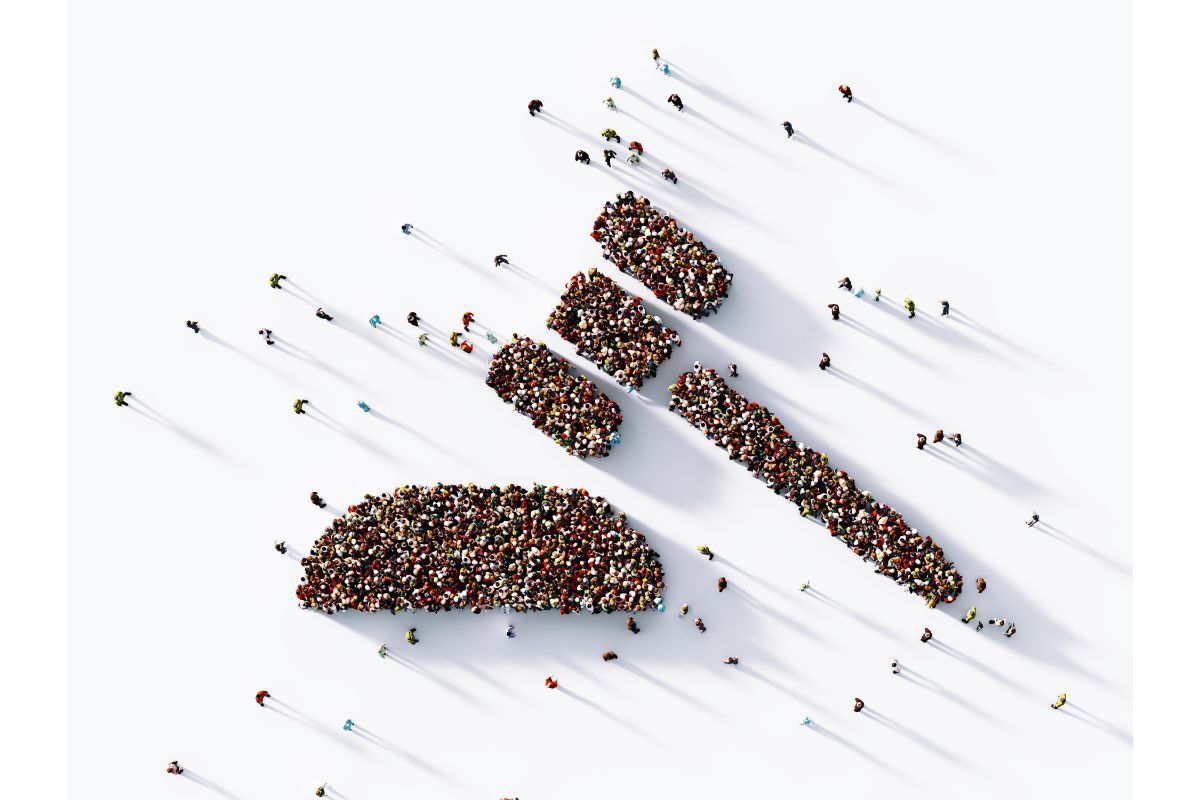Litigating In The Age Of Social Media

Social media has “deprivatized” society and, as a result, people have varying opinions about the true usefulness of social media. While these opinions may correlate to certain age demographics, almost everyone to some extent finds some use for social media, whether it is Facebook, Twitter, Snapchat, or Pinterest. While social media may truly be significantly useful, it presents the potential to have deleterious effects on litigants. The availability of social media’s endless sea of information, much of it unchecked and unverified, presents various challenges for litigators.
Litigating in 2020 requires attorneys to review and monitor any types of social media in which parties and jurors may participate. Much of the type of information that was private thirty years ago is now readily presented in real-time on social media. Thus, comprehensive social media research with the purpose of obtaining a holistic view of an individual’s relationships, opinions, and beliefs may help present a much more accurate and comprehensive image of the juror and any potential biases.
While a person’s profile provides detailed information, his or her social media activity may provide other useful data about a person’s beliefs, biases, and inclinations. Lawyers must investigate any publicly available information, including photos, comments, and, of course, “likes” and “follows” related to other people and pages. It may be important to consider whether the person under investigation “liked” posts adverse to the client.
Another valuable source of information is the social media of jurors’ friends and family. The social media activity of these persons may reveal a potential bias that would not have been exposed by the juror’s social media.
Federal law provides parties with three peremptory challenges and an unlimited number of challenges for cause when selecting a jury. These challenges are significantly valuable to a litigant which necessitates lawyers monitoring social media in preparation for and during the process of voir dire.
In making challenges for cause. practitioners must possess information that supports their challenges including photographs, videos, screenshots of posts, evidence of social media relationships and connections, and anything else relevant and contained in an available social media account and/or profile. Of course, it is important not to expose any bias-generating or prejudicial materials to the overall jury panel.
The scrutiny of social media activity does not end with the voir dire process but should extend to any social media activity during the trial. Practitioners should always monitor the jurors’ social media accounts to ensure that they are not sharing information about the case during trial. If a jury member does, he or she may be excused for “good cause” under federal law.
In State of New Jersey v. McAtasney, the New Jersey Superior Court dismissed a juror for her use of social media during a murder trial. The trial court had instructed the jurors not to discuss the case with others and not to view any coverage of the case. But the dismissed juror commented “Sitting on the jury LMAO,” on a news article about the trial, which caused the court to excuse her. Later, another juror contacted the excused juror via Facebook messenger to inquire as to why she was no longer at trial. In response, the excused juror replied. Although the defense moved for a mistrial, the court denied it. This case illustrates the difficulties that social media may present during litigation.
Through social media, lawyers have access to substantially more information about jurors than ever before. In 2020, it is crucial that trial attorneys examine social media in preparation for and during a trial to better connect with jurors and identify unknown biases that may affect the outcome of the case.
If you are interested in becoming an exceptional legal advocate, consider the benefits of the California Desert Trial Academy. As a member of CDTA’s growing family, you will receive access to our student and alumni attorneys, who freely and openly share their legal experiences, career advice, and academic tips. Call us today at (760) 342-0900 or find out more online here.


